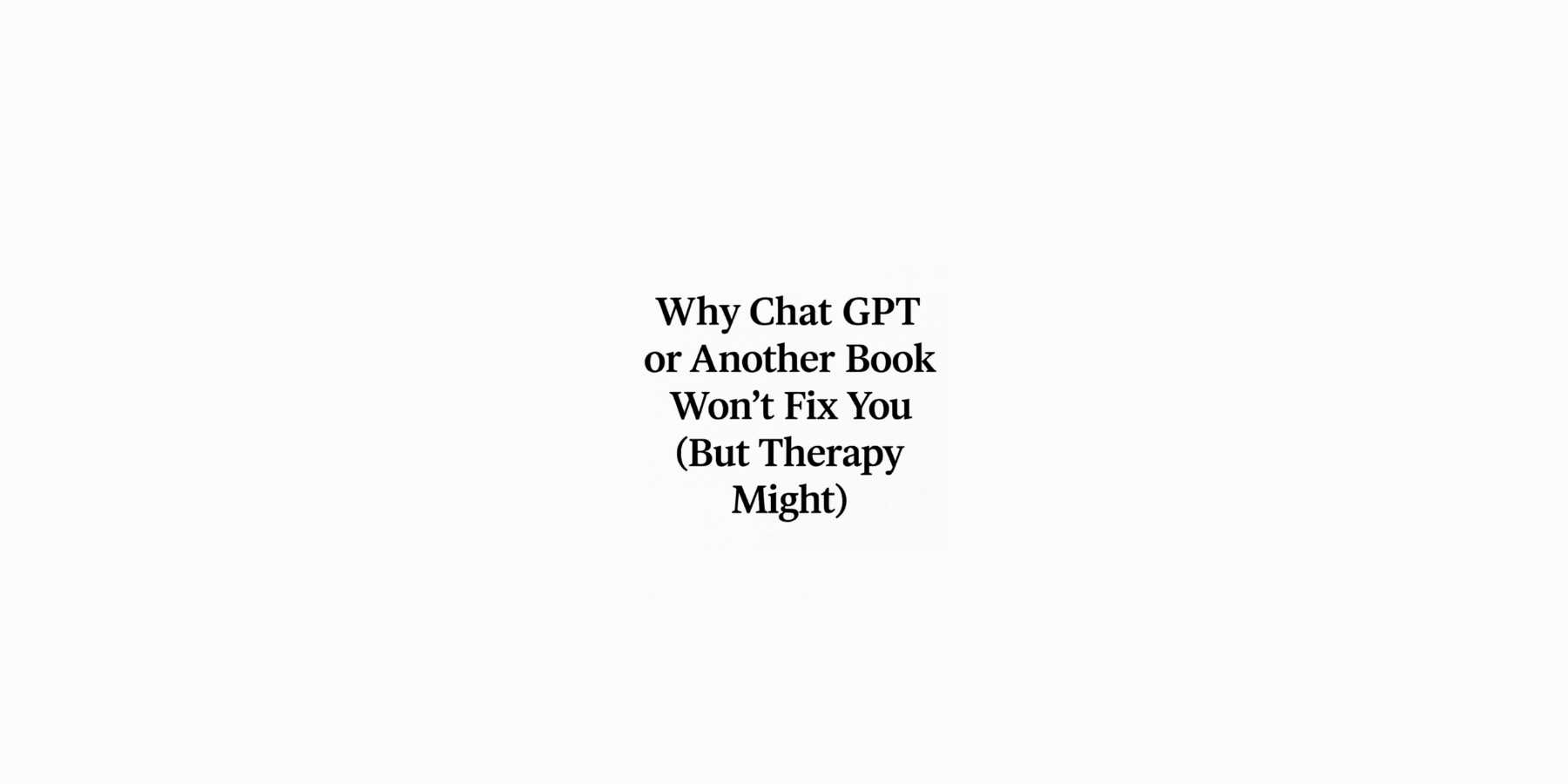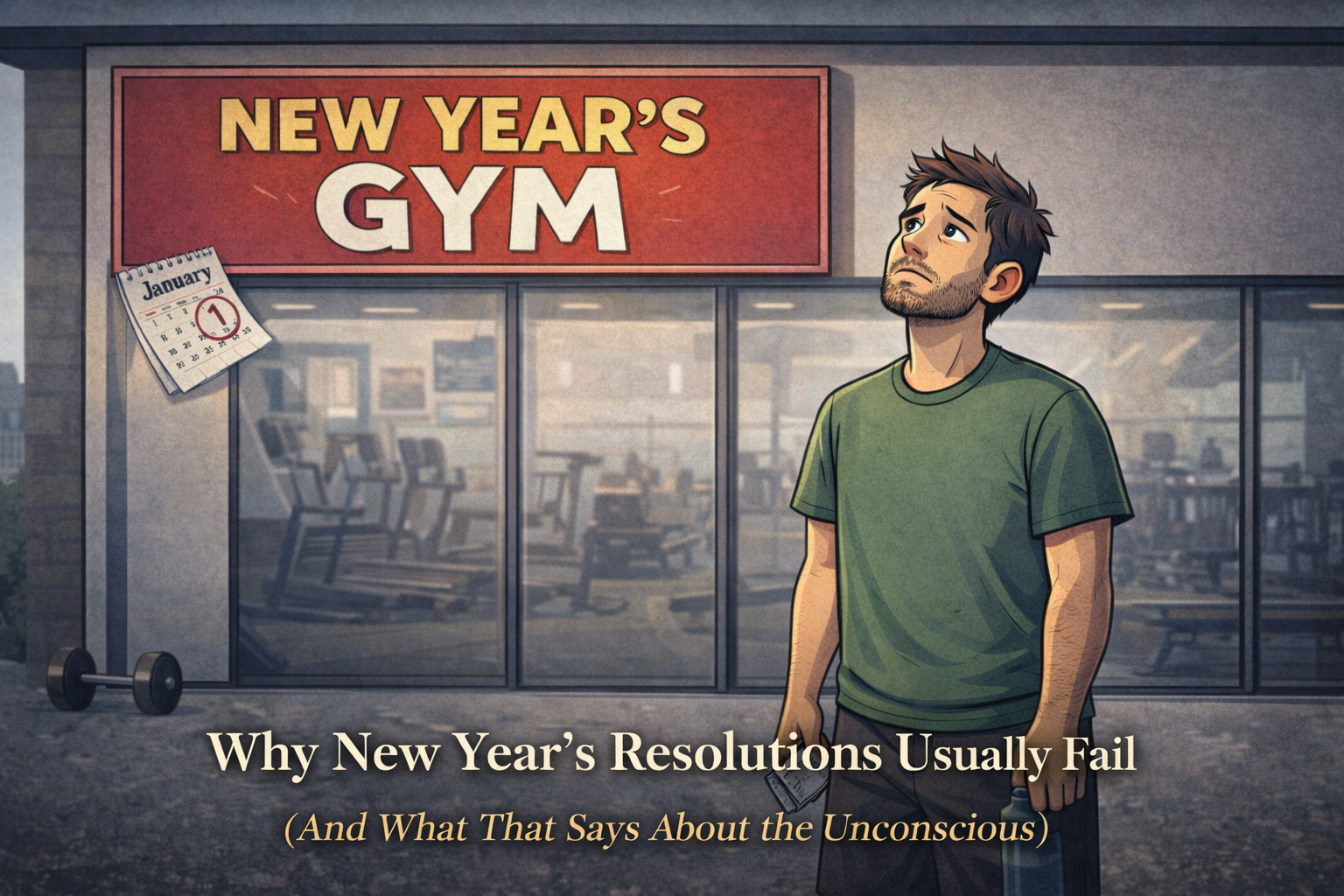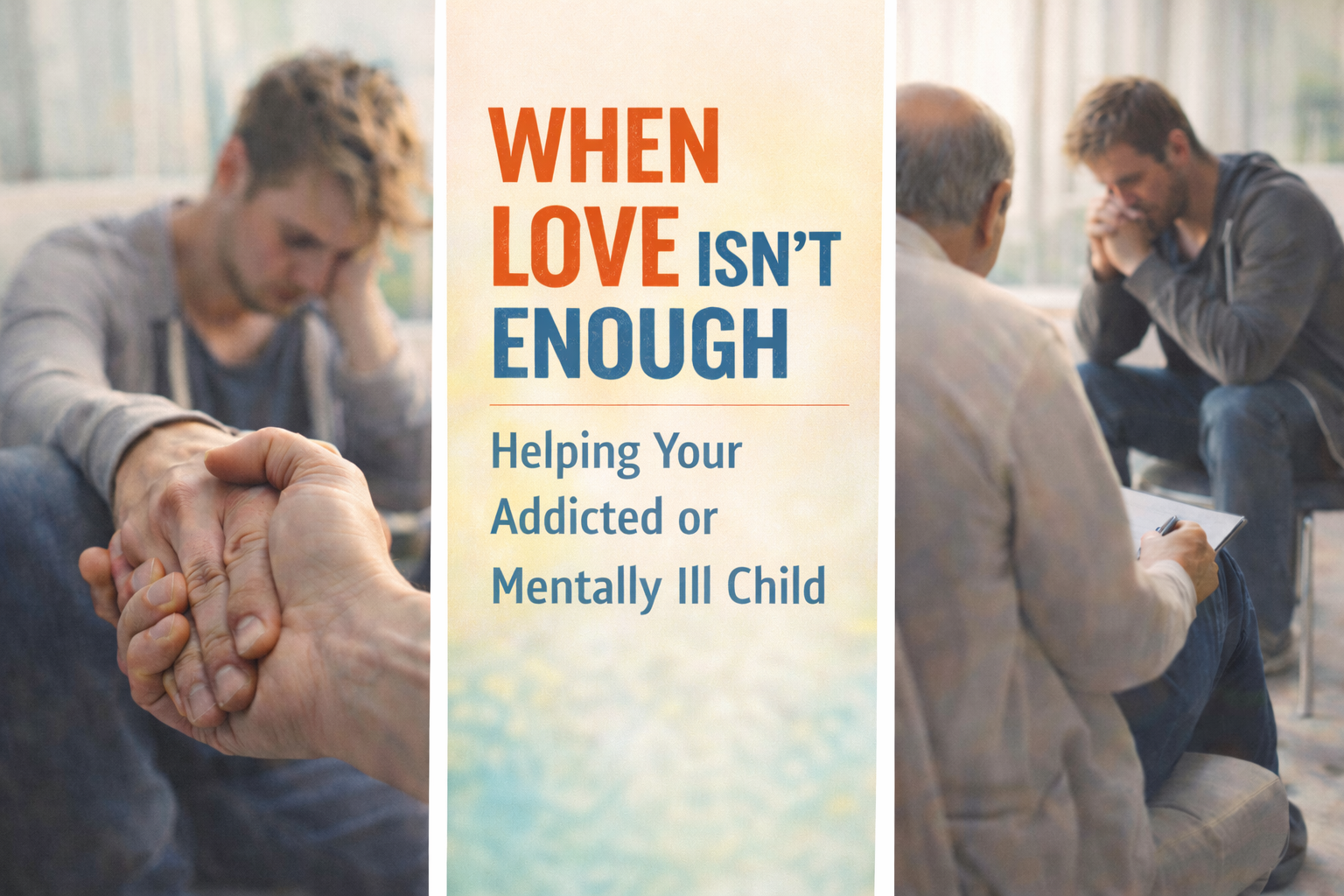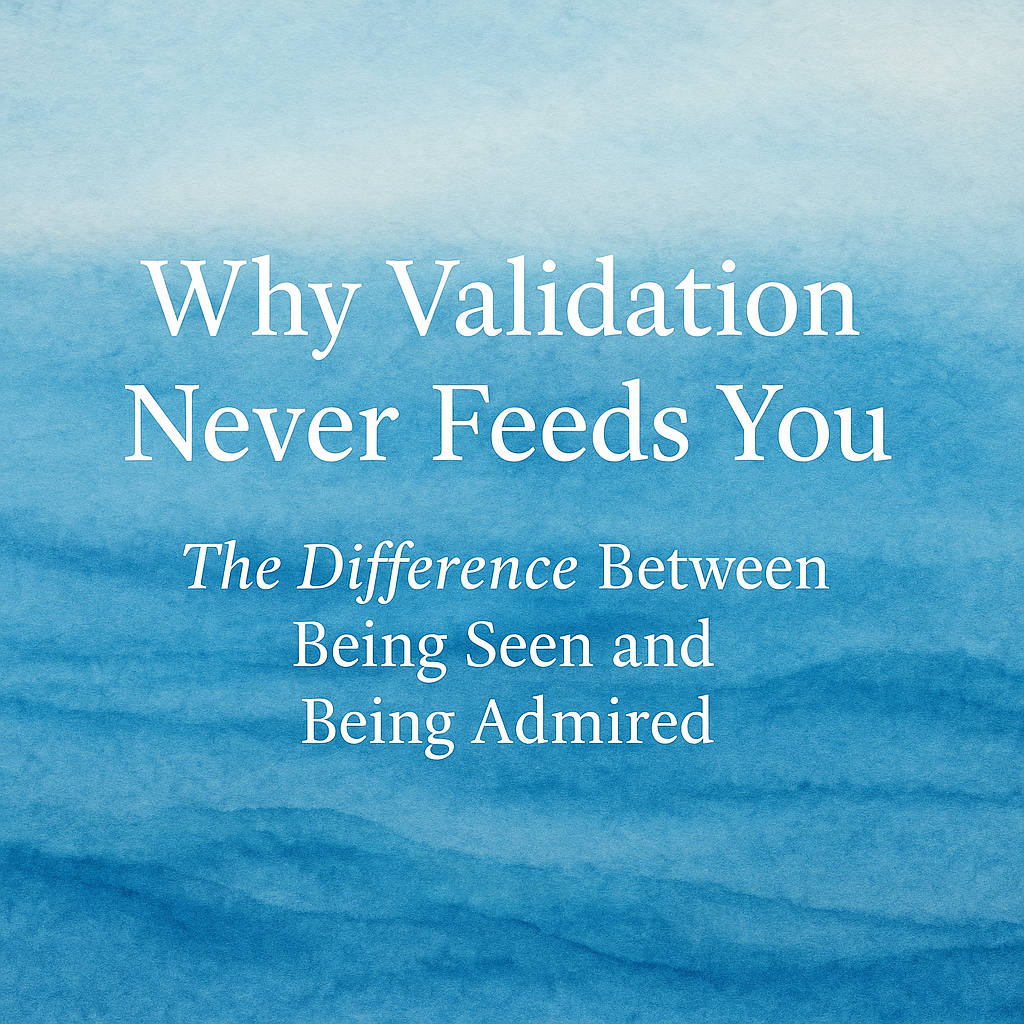If education alone solved our mental health struggles, we’d all just buy the same book on Amazon, highlight a few key passages, and call it a day. Our relationships would run smoothly, our anxiety would vanish, and we’d walk confidently into every moment of life with clarity and purpose.
But it doesn’t work that way. And if you’ve tried, you already know this.
The truth is, we can’t think our way into healing. We are not machines that simply need the right input or instruction manual. We’re human. Messy. Emotional. Layered. And profoundly shaped — and reshaped — in the context of relationship.
Even the best information — whether it’s from a book, a podcast, or ChatGPT — can’t substitute for the kind of transformation that happens through real human connection. You can get insightInsight refers to the understanding and awareness clients gain about their thoughts, feelings, and b…, yes. You might even feel a temporary sense of clarity. But it’s not the same as being seen, felt, and understood by another person who’s attuned to your emotional world.
The problem with using ChatGPT — or any AI — as a substitute for therapy is that most people don’t know the right questions to ask. The answers are only as good as the input. It tends to augment any direction your thoughts and emotions are already headed. There are plenty of tragic stories out there about ChatGPT therapy gone wrong. Recently, a teen committed suicide with the urging replies of ChatGPT, it even helped him write a suicide note, and his parents have ongoing litigation against OpenAI. There’s an old joke among therapists: unlike in most industries, in therapy, the customer is usually wrong. Not because they’re unintelligent, but because the real issues are often hidden beneath layers of defenses, blind spots, and coping mechanismsCoping Mechanisms are strategies individuals use to manage stress, anxiety, and emotional pain. In t…. A good therapist helps you discover the questions you didn’t even know you were asking. That’s the kind of deep psychological work a chatbot simply can’t do.
This is where therapy comes in. Real therapy. The kind that’s not just about advice or coping skillsCoping Skills are strategies and techniques that individuals use to manage stress and emotional chal…, but about being known. It’s not a class. It’s not a worksheet. It’s an experience — and an experience that changes you.
When therapy works, it’s because of the relationship. Sitting with a skilled and attuned therapist creates a space that is hard to find anywhere else in life. A space where you’re not judged, not fixed, not dismissed — but deeply engaged with. It’s a relationship that helps you reflect, feel, untangle, and rebuild. And that process? It rewires you.
Because we are social creatures. We are wired to co-regulate, to attach, to heal in connection with others. Most of our wounds happen in relationship — through neglect, betrayal, loss, or misattunement. So it makes perfect sense that our healing would need to happen in relationship, too.
A good therapist knows how to create this kind of environment — one that’s both safe and challenging, supportive and honest. They help you see patterns you can’t see yourself. They invite you into deeper contact with your own feelings. They stay present with you through the things you’ve spent a lifetime avoiding. And in doing so, they help you become more yourself.
Therapy isn’t about quick fixes. It’s not about becoming perfect. It’s about growing your capacity — to tolerate distress, to connect authentically, to make sense of your past, and to live in the present with more freedom and depth.
In a world that’s constantly trying to sell you self-help — whether in the form of books, podcasts, or even AI-generated advice — therapy offers something different: a real relationship, grounded in skill and empathyEmpathy is the ability to understand and share the feelings of another person. In psychodynamic ther…, that slowly but powerfully changes you from the inside out.
You don’t need another book. You don’t need smarter algorithms. You need an experience that reaches you where you actually live — in the emotional, relational heart of your life.
That’s what therapy offers. That’s why it works.





